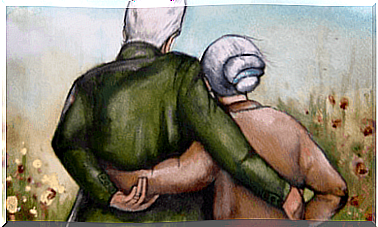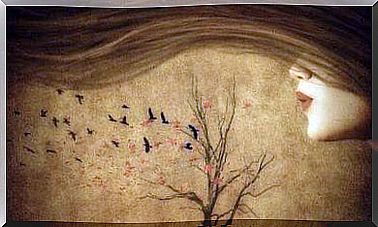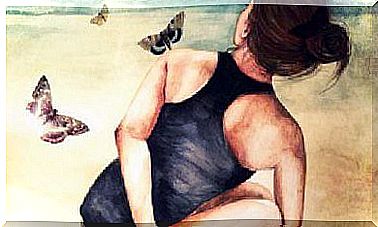Byung-Chul Han And His Thinking
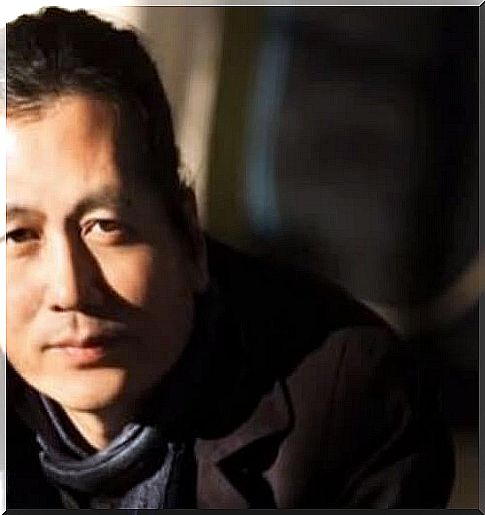
Byung-Chul Han is one of the most interesting current authors. Although it has achieved some fame, it cannot be said that it enjoys great popularity. For this reason it is worthwhile to dwell on the main themes of his thought, to reflect on the lifestyles of the contemporary era and on the direction that our society is taking.
South Korean philosopher and writer, Byung-Chul Han is also an expert in cultural studies and has established himself as one of the most influential voices in contemporary thought. His work has focused on extremely topical phenomena, such as the development of technology, the culture of hard work and the effects of the globalization of capitalism.
Some of Byung-Chul Han’s most famous works are titled The Society of Fatigue (2012), Eros in Agony (2013), Topology of Violence (2011) and Psychopolitics (2016), among others. In them we find some key concepts of his thought, real coordinates of his vision of the world. Let’s see them in detail.
Thought of Byung-Chul Han
1. Self-exploitation
Much of Han’s reflections revolve around how we understand work today. In an interview he succinctly summed up his thoughts on the matter by stating: “Today we come to exploit ourselves, in the false belief that we are realizing ourselves”.
For Han, contemporary man uncritically follows the social dictate: do everything you CAN. Until recently, he was obliged to do what he HAD to do. Today the human being believes he must achieve “success” at any cost, even going against himself, and falls into a state of deep anguish if he does not succeed. Power has no need to apply methods of coercion. Everyone undergoes this regime of work and consumption on a completely voluntary basis.

2. Communication
In the works of Byung-Chul Han there are also constant references to the phenomena of communication as we observe them today. He argues that relationships have now been replaced by connections. Today we are limited to establishing a mere link between sources of information around the world.
Emphasize that without the physical presence of others there can be no communication, only exchange of information. All the senses, except sight, are thus falling into disuse. And that is why, in some respects, communication has weakened considerably. In turn, people only look at their “like”, that is, those willing to return their “likes”. Where to find the differences then?
3. The garden
The concept of “garden” is not one of the most common in philosophy. In Han’s work it is about resisting the dictates of the digital world. This sphere is characterized by a diffuse but ephemeral materiality. As the philosopher says: “digital does not weigh, does not smell, does not offer resistance, a finger is enough to do everything”.
In this sense, the concept of the garden is an invitation to return to concrete sensations. Smell, feel, touch… The South Korean thinker speaks of a “secret garden”, a reserved space in which to find contact with material reality, without the intermediation of the digital. It is, in his opinion, a way to recover what he calls “the original beauty”.
4. The other
That of “other” is one of the concepts most in crisis in today’s society, which seems to have conformism as its only slogan. The “trends” and the “viral” are nothing more than manifestations of this desire to belong to a community that marches in unison.
Han argues that the more equal we are, the more production increases. In his opinion, the divergences run counter to the goals of neoliberalism. If only some, for example, used smartphones and others did not, the market would certainly suffer. In the current state of things, however, we experience a radical conformism, an immense passivity that reduces the human being to the condition of customer or producer.
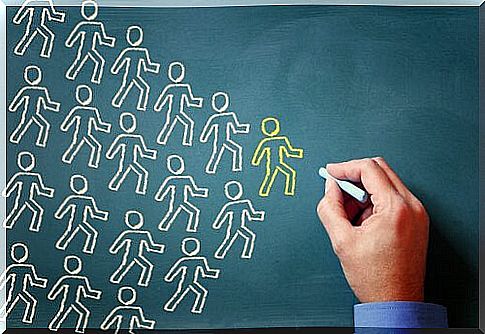
5. Time
Time is another critical aspect in today’s world. Han argues for a real revolution in time management. Speed and transience prevail today. Everything is done as quickly as possible, and as soon as you reach a goal, you are ready to move on. It is a constant war on the idea of permanence.
For a thinker like Han, it is essential to recover personal time, that is, the time in which we dedicate ourselves to ourselves. Own time, to be lived outside the production system. Recover moments of leisure and moments to have fun. Taking the time to be unproductive, a different idea from that of “break” which is just another way to make ourselves more efficient at work.
Undoubtedly, the thought of Byung-Chul Han is today one of the richest and most interesting of contemporary philosophy. And it should not be understood only as his “work”. Han himself lives by the principles he preaches. Its goal is, first of all, to affirm its being and its freedom.


